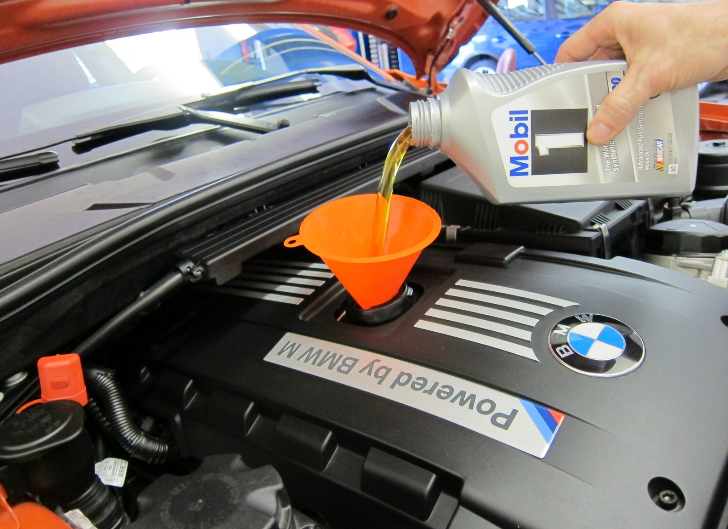
One of the biggest criticisms by green energy proponents is that petroleum is not a renewable product like solar or wind energy. Your oil change, so it has always been advertised, represents five or six quarts of useless sludge that will just further degrade the environment when it is put in the ground somewhere. What if they are wrong? The fact is, they are wrong and have been for many years. Maybe it is time to clear the air and correct the conversation.
Every year in the U.S., automobiles and other combustion engine vehicles use about 1.3 billion gallons of engine oil. If all that oil could be recycled, we would not need to pump as much out of the ground. That has implications for energy independence and longevity of supply as much as it does for saving and recycling used oil.

Engine oil degrades in use; it is not a perpetual product. Once the oil has lost its properties that properly lubricate and clean moving engine parts, it becomes detrimental to the engine to avoid changing it for new oil.
Virgin crude oil pumped out of the ground is refined to produce engine oil and other vehicle oils, gasoline, and so on. Once engine oil is put into the engine, its ingredients lubricate, prevent foaming and cleanse engine parts. Over time, these properties degrade. It is necessary to change the oil periodically, rated in miles driven, to restore these properties.
Although engine oil was not originally considered recyclable, the technology to do so has been developed and has been in operation on a small scale for many years, but until recently, recycled engine oil was put to other uses that did not nearly consume the volume of engine oil that is typically drained from engines.
Historically, about 10 percent of used engine oil was recycled for use as combustible fuel in power plants and other industries.
Re-use as re-refined engine oil is now a viable technology that has some advantages. It can be re-refined to become transmission fluid and hydraulic fluid as well as re-refined engine oil. The resulting re-refined products are virtually identical in properties such that it earns American Petroleum Institute (API) and Society of American Engineers (SAE) certification.
There are some criticisms against re-refined engine oil. Not least among them is that it is not yet a commonly known process. It is, however, a growing industry that promises to have long-lasting benefit as we continue in the effort of energy independence.
Another problem is that the oil refining industry infrastructure is set-up as a virgin oil refining process to which large volumes of virgin crude are delivered via pipeline directly to refiners from oil fields. No such pipeline delivery yet exists for re-refining. Spent engine oil must be trucked to a re-refining facility. This is feasible, but not efficient.
Even with these issues, the re-refining process is simpler and less costly than virgin refining, so the ultimate cost of re-refining and using petroleum-based engine oil will continue to drop as a greater volume of re-refined engine oil enters the market.





